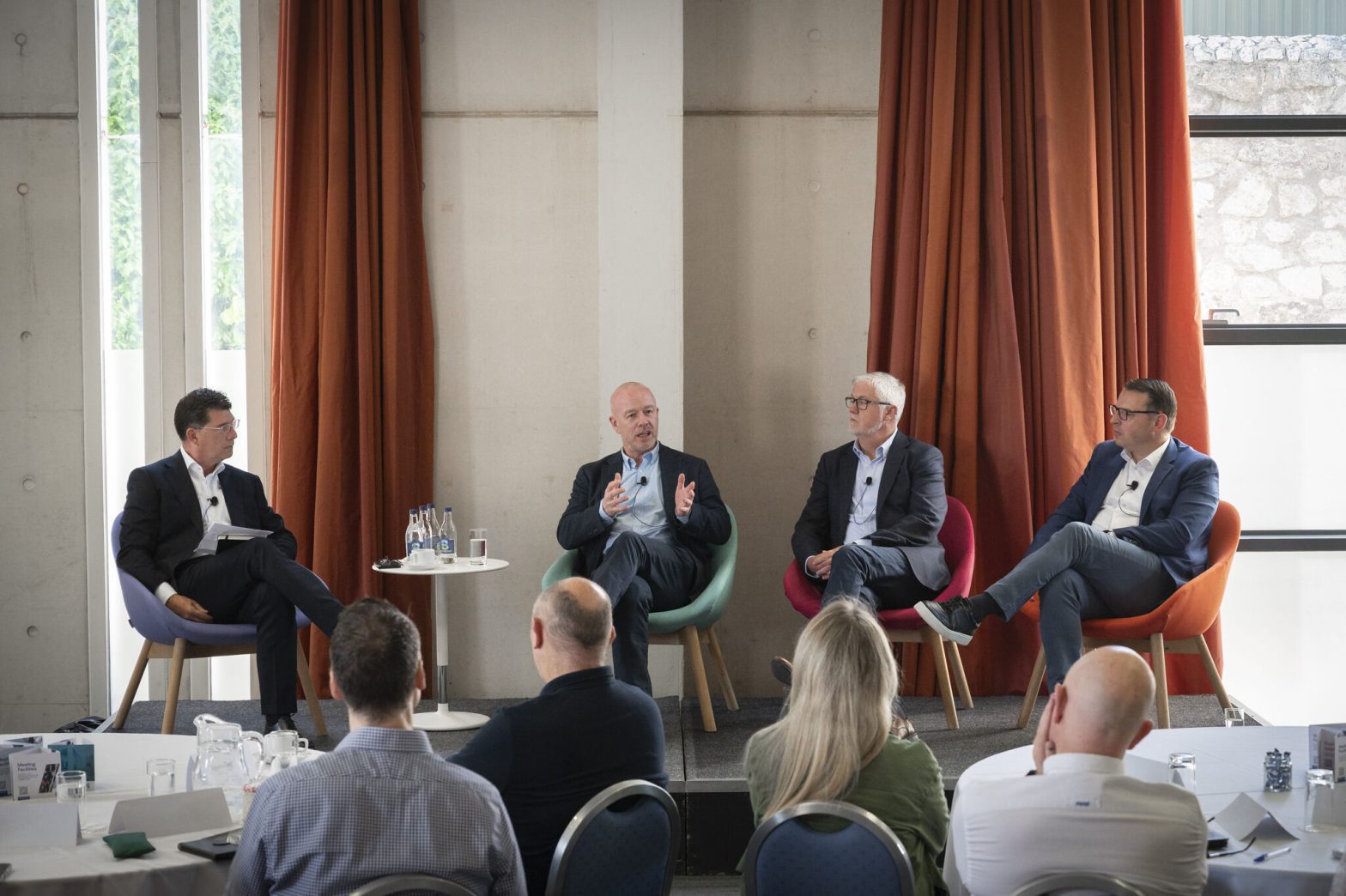Is the sky the limit or will you be blocked by bias clouds
By Cormac Lucey | 17th July 2019
At one point of the 1973 movie Magnum Force, Inspector Harry Callahan (played by Clint Eastwood) uttered the line “A good man always knows his limitations…”
It is important that investors should know their limitations too. Behavioural finance is the study of the influence of psychology on the behaviour of investors. It finds that investors are not always rational, suffer from systemic biases and are limited in their rational self-control.
The first step to combatting these, often unconscious, biases is to be aware of them. What then are the key behavioural errors that can dog our decisions? The following errors were identified recently by Joe Wiggins, a fund manager with Aberdeen Standard Investments:
Myopic Loss Aversion – We are more sensitive to losses than gains, and overly influenced by short-term considerations. Often investors check their portfolios frequently, even if they are operating with a long-term investment horizon. Making frequent investment decisions can worsen your investment results. A 2015 study by the Central Bank of Ireland found that 75 per cent of retail CFD clients who invested in CFDs during 2013 and 2014 made a loss.
Integration – We seek to conform to group behaviour and prevailing norms. Like a limping wildebeest at the back of a herd in the Serengeti, we want to keep pace with the herd for fear of being picked off. The problem is that, in investment markets, the herd is more often wrong than right. That’s why Warren Buffett said that it is wise to be “Fearful when others are greedy and greedy when others are fearful.”
Recency – We overweight the importance of recent events. In 2006, one had to look back over a decade and half to observe a year-on-year in Irish residential property prices. Accordingly, most market participants grievously underestimated the possibility of a serious property bear market. Today memories of the property crash are fresh in peoples’ minds and many are fearful of another residential property crash. But that is quite unlikely, with rent yields considerably above mortgage rates.
Risk Perception – We are poor at assessing risks and gauging probabilities. We allow the emotional hope of investment gains override logic in assessing risks. At the height of the residential property price bubble, houses in some parts of Dublin (e.g. Howth, Dalkey, Blackrock) were selling for more than 100 times the annual rental income those properties could command. But many investors were more fearful of missing out on continued gains from property market than they were by the dismal long-term return prospects those valuations suggested.

(Photo source)
Overconfidence – We over-estimate our own abilities. Not only is the recorded investment performance of retail investors poor but so too is the record of professional fund managers. The empirical evidence strongly suggests that the vast majority of investors would be better off buying low-cost funds that track market indices. Yet millions of us persist with the belief/hope/illusion that we can do better managing our funds ourselves.
Results – We focus on outcomes when assessing the quality of our decisions. Even as the Irish property market got more and more overvalued between the years 2004 and 2007and risks (e.g. rising interest rates) continued to mount, investors largely stuck with it because they were enjoying positive outcomes.
Stories – We are often persuaded by captivating stories. If you get the chance, make sure to watch Alex Gibney’s excellent documentary about the rise and fall of Elizabeth Holmes and Theranos “The Inventor: Out for Blood in Silicon Valley”. It depicts the rise and fall of a woman and her company that were propelled forward by several captivating stories: replacing injections with thumbpricks for taking blood samples; replacing an expensive blood-testing duopoly with access controlled by clinicians with cheap tests that individuals could order; having a female entrepreneur enjoy the same success as Apple’s Steve Jobs. But it was all a fraud.
In making financial decisions, it’s a case of forewarned being forearmed: the more we are aware of our limitations, the better we can avoid them.
 Cormac Lucey is an IMI associate on the IMI Diploma in Business Finance. Cormac is also a Financial Services Consultant and Contractor who has previously worked with PricewaterhouseCoopers, Rabobank Frankfurt and the Department of Justice.
Cormac Lucey is an IMI associate on the IMI Diploma in Business Finance. Cormac is also a Financial Services Consultant and Contractor who has previously worked with PricewaterhouseCoopers, Rabobank Frankfurt and the Department of Justice.





